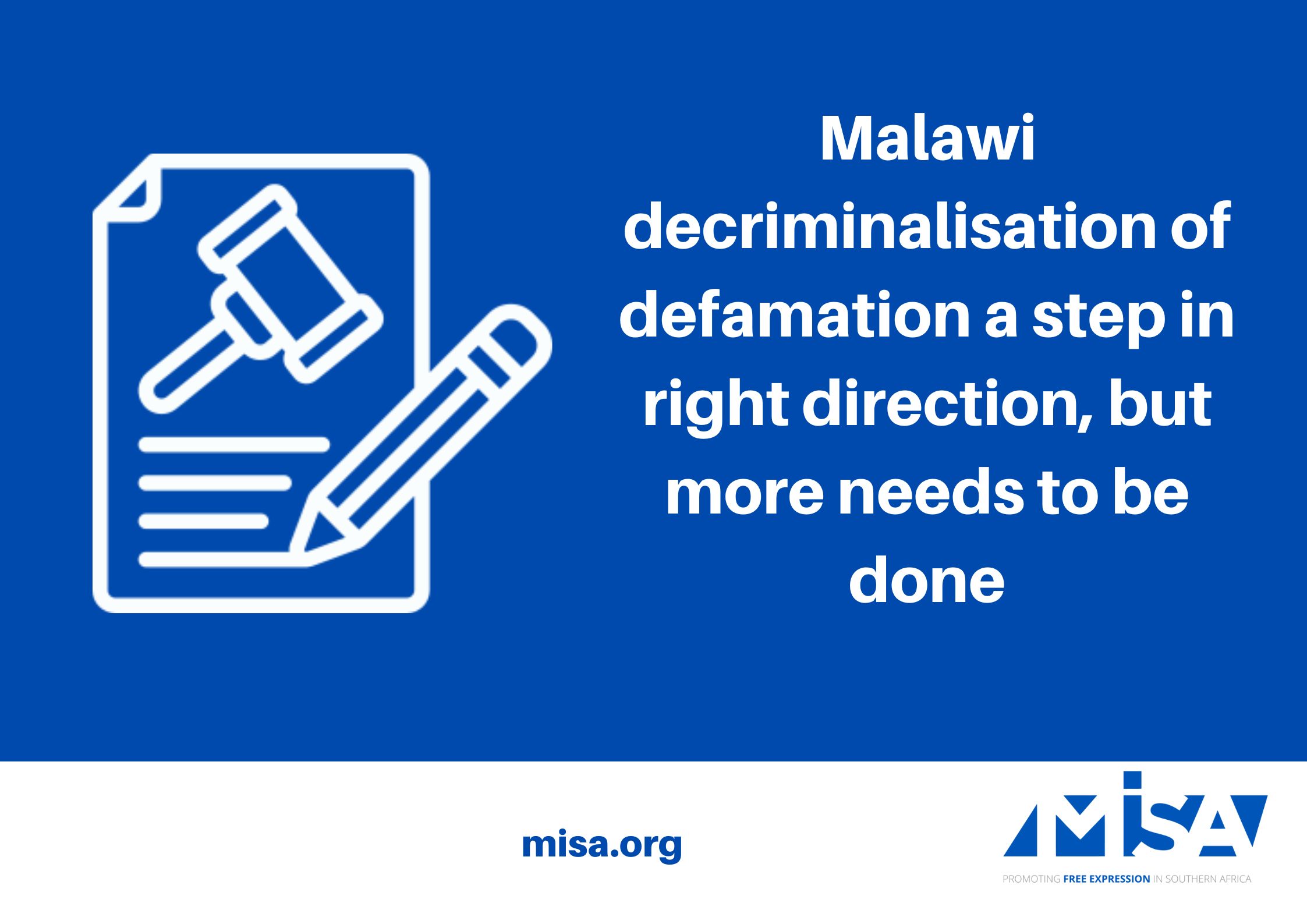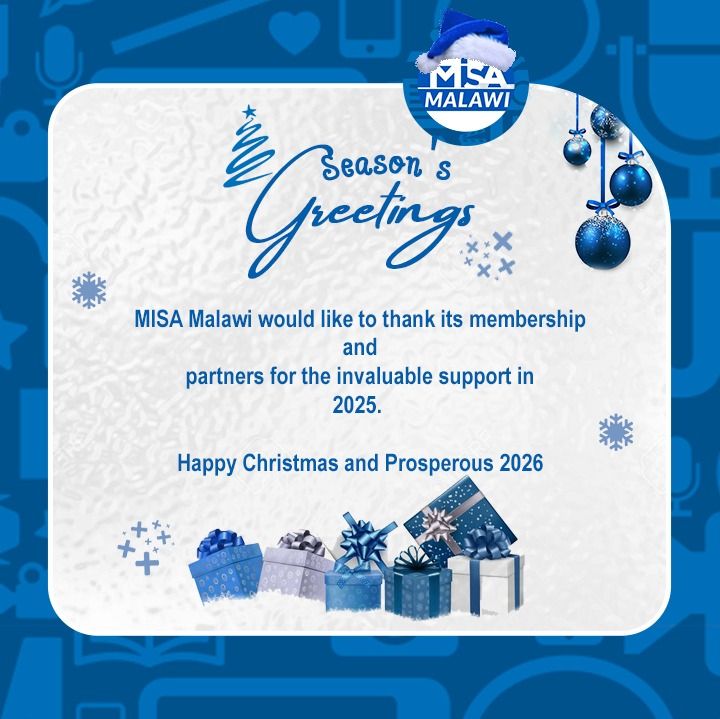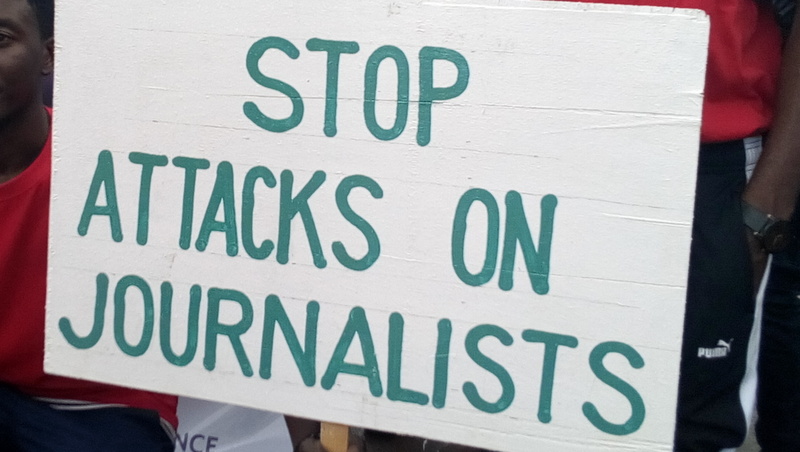Malawi is the most recent country in Southern Africa to decriminalise defamation after its Constitutional Court ruled that criminal defamation unjustifiably restricts freedom of expression.
In a July 16, 2025, ruling, the court determined that the provision, which allowed for imprisonment of those found guilty, had a “chilling effect” on public discourse and democratic participation.
In that regard, Section 200 of the Penal Code, which criminalised defamation, was struck down.
For years, organisations such as MISA have been campaigning for the repeal of criminal defamation laws in the region. The unanimous Constitutional Court ruling is a vindication of the advocacy work that MISA has been conducting.
Criminal defamation laws are archaic and fall foul of most international and regional statutes.
The African Commission on Human and Peoples’ Rights (ACHPR) has been actively working to promote freedom of expression and has called for the repeal of criminal defamation laws in Africa.
The ACHPR states that these laws, which criminalise defamation, are a hindrance to free speech and free press.
In its 2010 Resolution on repealing criminal defamation laws in Africa, ACHPR expressed concern about the deteriorating press freedom in parts of the continent. This was characterised by restrictive legislation that censors the public’s right to access information and the arrest and detention of journalists, among other issues.
The Commission urged the state parties to repeal criminal defamation laws or insult laws that hinder freedom of speech and to follow the principles of freedom of expression outlined in the African Charter on Human and Peoples’ Rights, the Declaration on the Principles of Freedom of Expression and Access to Information in Africa, and other regional and international instruments.
The decriminalisation of defamation continues a series of progressive measures Malawi has implemented in recent years.
In 2022, the country amended its Protected Flag, Emblems, and Names Act of 1967, to decriminalise insults against the President. In 2020, it operationalised the Access to Information Act.
In 2012 Malawi repealed Section 46 of the Penal Code which empowered a minister to ban publications that were deemed ‘not to be in the public interest. Prior to that, the responsible minister had full authority to ban the publications.
We urge the Malawi government to take a further step and repeal other laws that infringe on freedom of expression.
Malawi still retains laws that criminalise the publication of false news, while the Electronic Transactions and Cybersecurity Act criminalises the unauthorised transmission of data or information.
With elections approaching in September 2025, the government also needs to relax requirements for broadcast licences to ensure the sector’s sustainability and better access to information.
MISA Regional Communique









